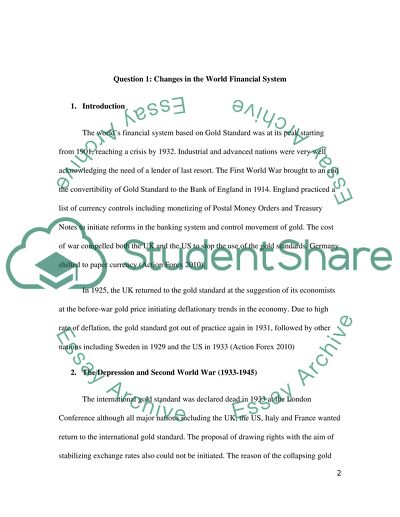Cite this document
(“International Financial System Assignment Example | Topics and Well Written Essays - 2750 words”, n.d.)
International Financial System Assignment Example | Topics and Well Written Essays - 2750 words. Retrieved from https://studentshare.org/finance-accounting/1575159-international-financial-system
International Financial System Assignment Example | Topics and Well Written Essays - 2750 words. Retrieved from https://studentshare.org/finance-accounting/1575159-international-financial-system
(International Financial System Assignment Example | Topics and Well Written Essays - 2750 Words)
International Financial System Assignment Example | Topics and Well Written Essays - 2750 Words. https://studentshare.org/finance-accounting/1575159-international-financial-system.
International Financial System Assignment Example | Topics and Well Written Essays - 2750 Words. https://studentshare.org/finance-accounting/1575159-international-financial-system.
“International Financial System Assignment Example | Topics and Well Written Essays - 2750 Words”, n.d. https://studentshare.org/finance-accounting/1575159-international-financial-system.


